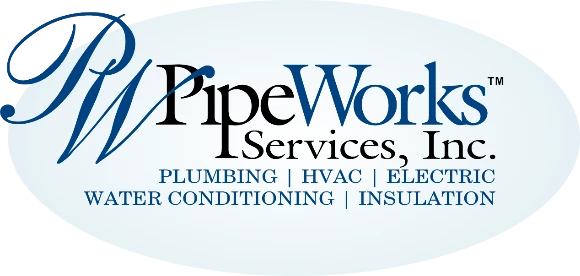Air conditioners are one of the more expensive pieces of equipment in your home. Replacing or repairing air conditioners is a costly exercise, and it is important to have a good idea of the remaining lifespan of your existing air conditioning system. When your air conditioner life span is reaching its limit, you may need to start saving for a new air conditioner. The lifespan of a new air conditioner is generally in the region of 15 years, but this will depend on factors such as regular maintenance and proper installation.
- Increased energy bills – your air conditioner uses a lot of energy and air conditioners that are reaching the end of their lifespan will start to use more electricity thereby increasing your energy bills.
- Frequent breakdowns – air conditioners that are reaching the end of their life spans will break down more often and will require frequent maintenance.
- Inefficient cooling – if your air conditioner is reaching the end of its lifespan, it will become more inefficient and may not be able to provide the required comfort levels any longer.
- Humidity problems – air conditioners that are reaching the end of their lifespan will not be able to control the humidity in your home as effectively as required to maintain acceptable comfort levels.
If your air conditioner life span is reaching its limit, you need to weigh the increased maintenance costs, lower efficiency levels, and higher energy bills up against the cost of a new energy-efficient air conditioner. New air conditioning systems are more energy efficient compared to the older models and they can save homeowners money on energy bills. Contact your local qualified and professional HVAC contractor for more information on the benefits of new air conditioning models.
For more information and expert advice on your air conditioner life span and other issues related to home comfort, please contact Pipe Works Services. We have been proudly serving the northern New Jersey area since 2000.




